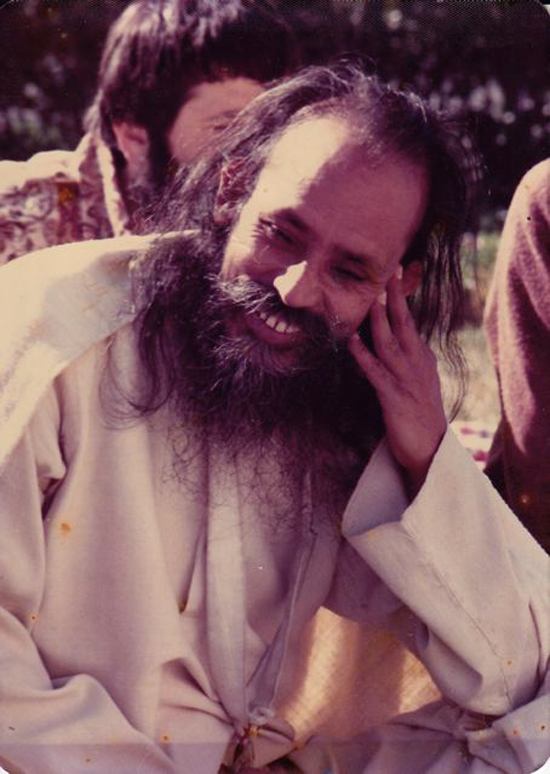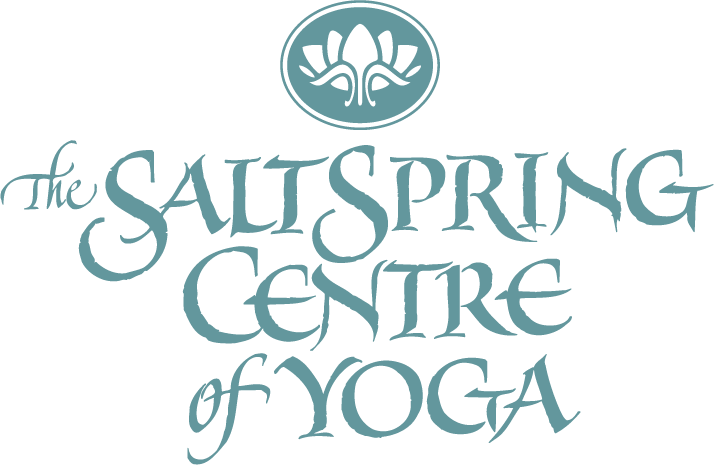The Problem with Self-Interest
 If we pay attention, we can see how much of our life is guided by self-interest. It’s not that we don’t care about others, but we look out for ourselves first. We can see it when we notice how quick we are to defend ourselves when someone criticizes us or doesn’t give us the recognition we were hoping for. We might at times notice how obsessed we are with our own thoughts and plans to the exclusion of anything else, or when we find ourselves replaying a scenario in our minds over and over again.
If we pay attention, we can see how much of our life is guided by self-interest. It’s not that we don’t care about others, but we look out for ourselves first. We can see it when we notice how quick we are to defend ourselves when someone criticizes us or doesn’t give us the recognition we were hoping for. We might at times notice how obsessed we are with our own thoughts and plans to the exclusion of anything else, or when we find ourselves replaying a scenario in our minds over and over again.
Self-interest narrows our view of life. When we’re focused only on our desires, we can no longer see the bigger picture. Self-interest creates a veil of illusion in which we can’t see the truth, and our heart closes.
All of our plans, all of our fantasies, all of our desires revolve around ourselves. Of course we care about other people and include them in our dreams. However, when some challenge – a disagreement perhaps – arises, what’s our usual response? Somebody is right (usually us) and the other person is wrong. Seeing only our own opinions creates problems with other in our lives. It also creates problems for ourselves.
“Everything is for me.” In everything the mind finds self-interest. In a way our whole life is controlled and guided by this self-interest. So in every step of life our self-interest (ego) is challenged by others’ self-interest, and it creates anger, fear, or disharmony.
In those moments when life does not seem to be flowing smoothly for us, what happens inside us? Our external response to stress, how we express stress outwardly, may vary, but what’s going on inside us? Our bodies register stress and let us know one way or another things are not okay. On a deeper level, there’s a sense of separateness, disconnection from the flow of life.
We generally tie the situation to something that happened in the past in order to justify our version of reality. All our fears and judgements come from the past, which then creates speculation about the future. We’re no longer in the present moment, and we’re caught in our own self-created illusory reality that covers our innate purity and goodness. We long for peace, but fight to keep our separateness.
When we focus on our spiritual practices, especially meditation, we have an opportunity to stop speeding through life. After a while we may notice how out of control our minds are, and with continued practice we may begin to relax into a quiet space in which tensions fall away by themselves. We begin to become aware of spaciousness, of life beyond just our own little life.
All our practices support us in seeing through our own illusions. Ram Dass says, “After meditating for some years, I began to see the patterns of my own behaviours. As you quiet your mind, you begin to see the nature of your own resistance more clearly – struggles, inner dialogues, the way in which you procrastinate and develop positive resistance against life. As you cultivate the witness, things change. You don’t have to change them. Things just change.”
There is a kind of self-interest in spiritual practices because there is a goal of finding peace, but that self-interest is for the purpose of waking up.
Desires and thoughts of attaining liberation originate in the ego self, but those desires and thoughts are liberating and not binding.
When you cut an iron bar, you use a saw made of the same iron. There is self-interest in seeking liberation. It is like the saw that cuts the chain of worldly self-interest. When the mind knows the unreality of all created things, the reality starts appearing.
We all have the potential to shift our attention from the focus on our little selves to the peace that is our natural state. Our job is to be still and let our minds become quiet.
All your prayers will be heard, your meditation will bring peace, and your devotion to God will fill your heart with divine love. A seeker of Truth who is liberated from the conceptualized world automatically finds the real world in the Supreme Self, Universal Consciousness, Peace, or God.
contributed by Sharada
all quotes in italics are from various writings by Babaji
Sharada Filkow, a student of classical ashtanga yoga since the early 70s, is one of the founding members of the Salt Spring Centre of Yoga, where she has lived for many years, serving as a karma yogi, teacher and mentor.

